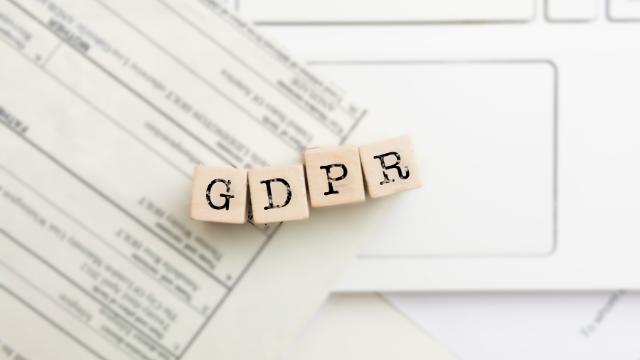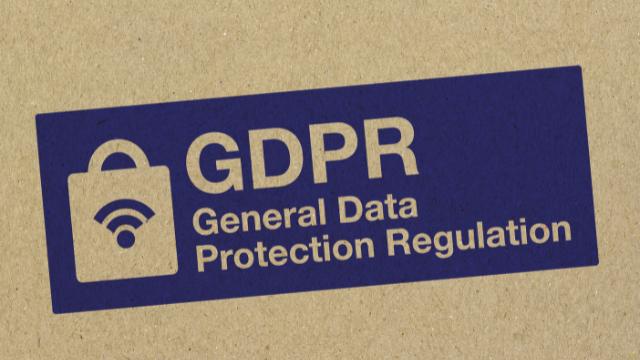Currently, the protection of personal data is a major concern for individuals and companies alike. With the increasing volume and diversity of personal data collected and processed by organizations, the need for strong legislation in this area has become imperative.
In this context, the General Data Protection Regulation (GDPR) was introduced in the European Union to provide uniform and consistent protection of personal data.
This article will focus on explaining the essence and importance of GDPR and how it affects organizations and individuals.

I. What is GDPR?
GDPR stands for the General Data Protection Regulation, which is a European legislation on personal data protection that came into effect on May 25, 2018. Its main purpose is to protect the fundamental rights and freedoms of individuals regarding the processing of personal data. GDPR was designed to ensure a high level of personal data protection across the European Union and to harmonize and strengthen existing regulations in this field.
II. Key Aspects of GDPR
- Definition of Personal Data: GDPR defines personal data as any information relating to an identified or identifiable natural person, which includes names, addresses, phone numbers, email addresses, IP addresses, and much more.
- Rights of Data Subjects: GDPR grants individuals several rights concerning their data. These rights include the right to access personal data, the right to rectify inaccurate data, the right to have data erased, the right to object to data processing, and the right to data portability.
- Legal Basis for Data Processing: GDPR establishes various legal bases for processing personal data, including the explicit consent of the data subject, the necessity of processing for the performance of a contract, compliance with a legal obligation, or the protection of vital interests of the data subject.
- Organizational Obligations: GDPR imposes a set of obligations on organizations regarding the processing of personal data. These obligations include notifying data breaches, conducting a data protection impact assessment in certain situations, and appointing a Data Protection Officer (DPO) in certain cases.

III. Impact of GDPR on Organizations and Individuals
Organizations
For organizations, implementing and complying with GDPR involves significant changes in how they collect, process, and store personal data. They must be transparent about how they use data, obtain appropriate consent, and ensure adequate data security measures. Non-compliance with GDPR can result in substantial fines, which can amount to up to 4% of the annual global turnover or €20 million, depending on the higher value.
Individuals
GDPR provides individuals with an increased level of control over their personal data. Individuals now have the right to exercise control over their data and obtain clear and transparent information about how their data is used. Additionally, GDPR allows them to request the erasure of their personal data or object to its processing under certain circumstances.

GDPR represented a significant evolution in the field of personal data protection. This regulation set high and uniform standards for data protection across the European Union while promoting the fundamental rights and freedoms of individuals. Organizations must ensure they comply with GDPR requirements to avoid costly fines and maintain their reputation. For individuals, GDPR offers greater transparency and control over their personal data, enhancing trust in how organizations use it.
Compliance with GDPR is not only a legal obligation but also an opportunity for organizations to strengthen trust with their customers and demonstrate commitment to personal data protection. By understanding and adhering to GDPR principles, we can create a safer and more responsible digital environment for all users.